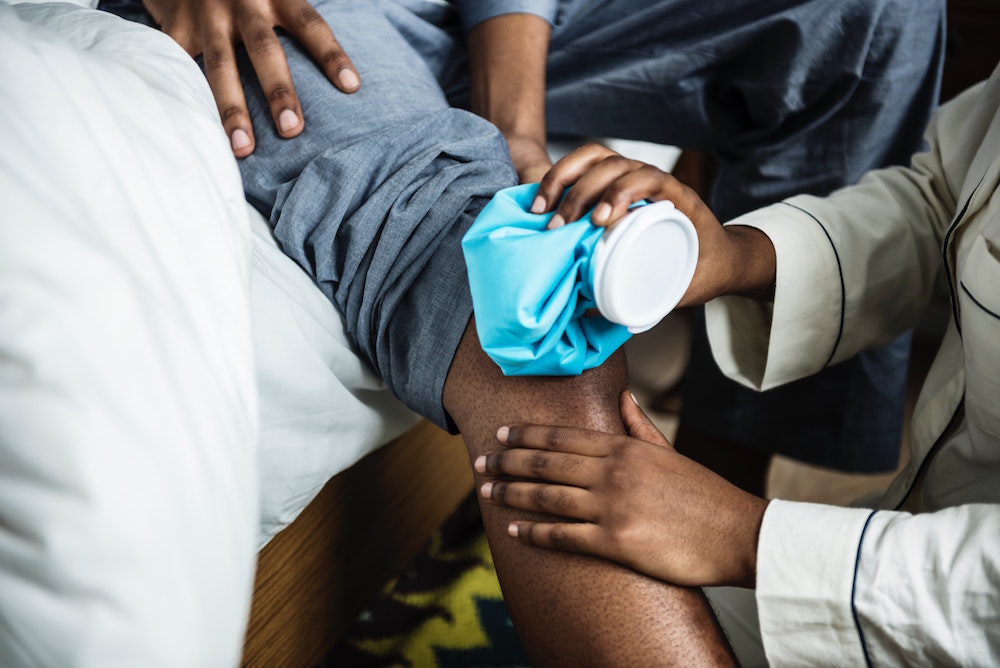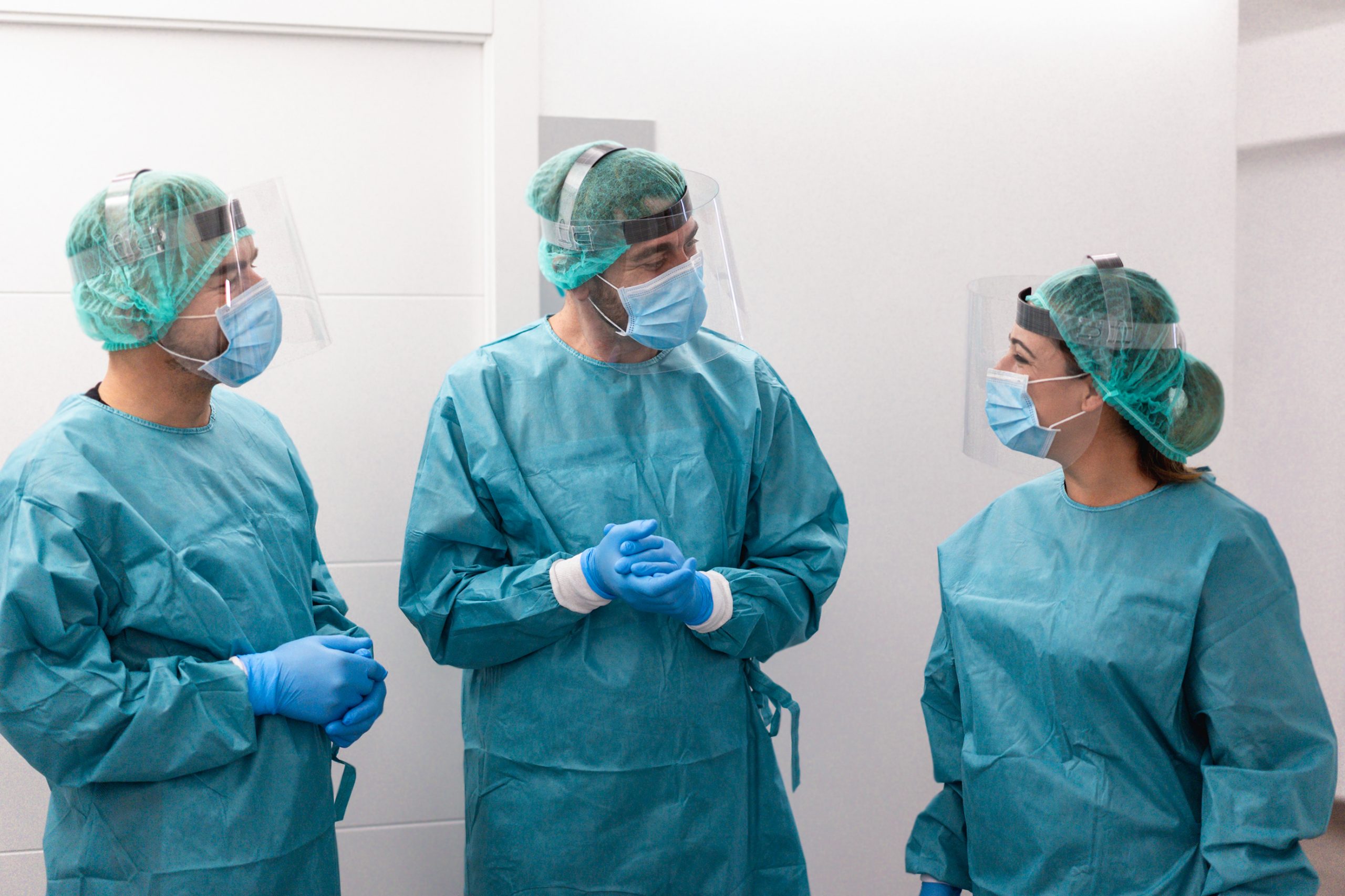Total knee replacement surgeries are one of the most common medical procedures. Roughly 700,000 knee replacement surgeries take place in the United States annually. Although well-trained physicians and surgeons perform this medical procedure, it’s important to note that there are some possible knee surgery complications that could arise after this procedure. Here are 3 common knee surgery complications that you could experience after your orthopedic procedure.
Stiffness
Stiffness is one of the most common knee surgery complications. The stiffness is a direct result of the surgical procedure. This is due to artificial foreign mechanics being used to enhance the joint. Although painful and bothersome, stiffness is an extremely common knee surgery complication. Because of this, it’s crucial for patients to engage in rehabilitation exercises that aim to build strength and stability for the knee. Prescribed medications to target pain may significantly help if stiffness is accompanied by sharp pains.
Blood Clots
A blood clot is an under-diagnosed yet fairly preventable knee surgery complication that may occur after any major orthopedic procedure. Deep vein thrombosis is the most common type of blood clot in orthopedic patients. When deep vein thrombosis occurs, the blood clots into a solid state deep within the veins of the thighs or lower legs. Although this is a serious condition, it’s fairly preventable. Your medical practitioners may prescribe you with blood thinners as a way to ensure that blood does not clot after a procedure. The most common symptoms of this knee surgery complication are pain, swelling, tenderness and a change in skin pigment.
Infections
10% of patients receiving an orthopedic procedure will encounter some form of infection post-operation. These infections usually occur directly on the surgery wound or deep around any artificial implants. Bacteria are responsible for this knee surgery complication. Although the immune system is fairly efficient at targeting bacteria early on, it becomes much more challenging when these bacteria manifest deep within plastic and metal implants. Seek medical attention immediately if you experience increased pain, fever or chills after your surgery.
With these possible knee surgery complications in mind, it’s important to be constantly monitored post-op. Although the majority these procedures are successful, there still is a possibility that a knee surgery complication may arise. To learn more about how you can efficiently monitor your recovery, contact us here.









